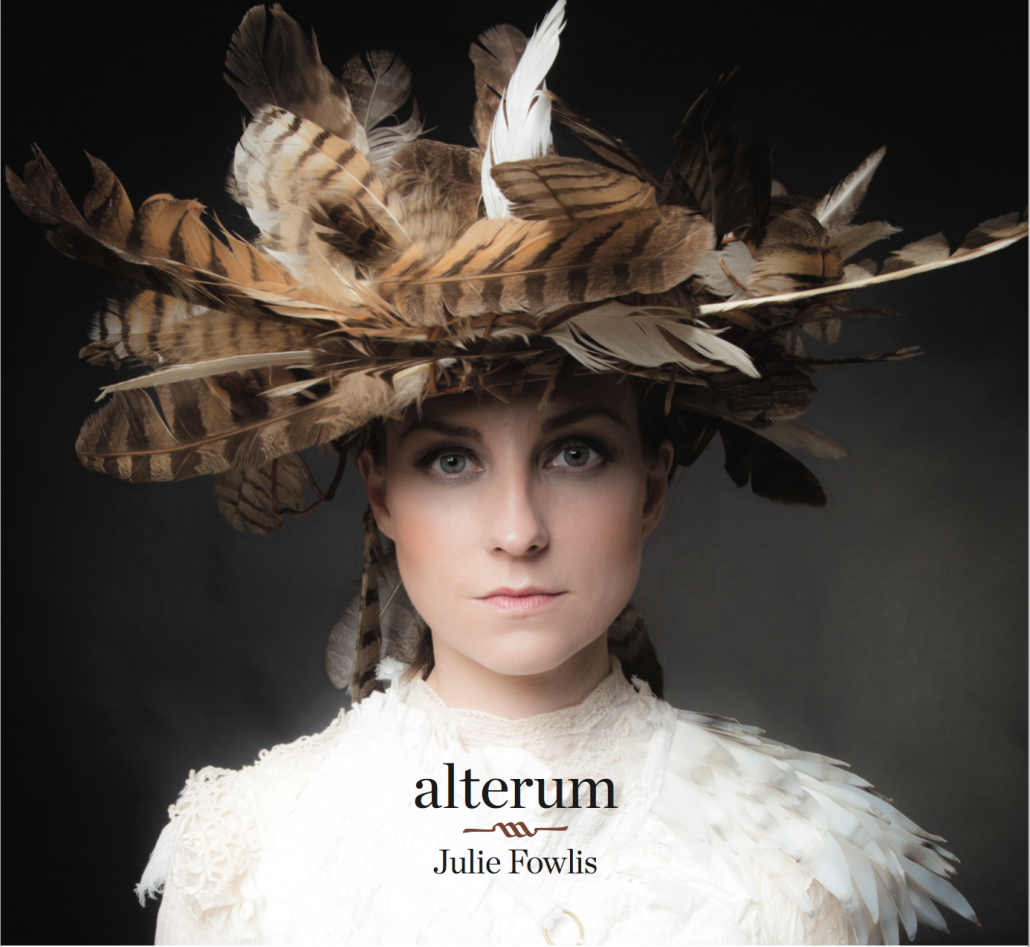Song Lyrics & Sleeve Notes
1: A’ phiuthrag sa phiuthar (O sister, beloved sister)
(Traditional arranged Fowlis/Doorley/Byrne)
In Barra tradition this song is said to have been composed by a woman who was imprisoned in a fairy mound. She appeals to her sister for help. Learned from the singing of Calum Johnston (Calum Aonghais Chaluim) from Barra. Lyrics selected from Calum’s version as documented in Hebridean Folksongs II, tunes transcribed from recordings and annotated by Francis Collinson, edited and translated by John Lorne Campbell. (Oxford 1977)
A’ phiuthrag sa phiuthar,
Hù rù
ghaoil a phiuthar
Hù rù
Nach truagh leat fhèin
Hò hol ill leò
nochd mo chumha
Hù rù
’S mi ’m bothan beag
ìseal, cumhag,
Gun lùb sìomain,
gun ghad tughaidh
’S uisge nam beann
sìos na shruth leis.
’S mise bhean bhochd
chianail, dhuilich.
Dhìrich mi suas
Beinn an Sgrìobain,
’S Laigheabhal Mhòr
nan each grìs-fhionn.
Cha d’ fhuair mi ann
na bha dhìth orm
Tè bhuidhe, ’s a
falt mar dhìthein.
Little sister,
Hù rù
beloved sister
Hù rù
Do you not pity
Hò hol ill leò
My grief tonight
Hù rù
In a little hut
low and narrow
Without a roof-rope
or a wisp of thatch.
The rain of the hills
streaming into it.
I am a poor woman
sad and miserable.
I climbed up
Ben Sgrìobain
and Laigheabhal Mhòr
with it’s spotted horses
I didn’t find there
what I wanted,
A girl
with hair like a golden daisy.

